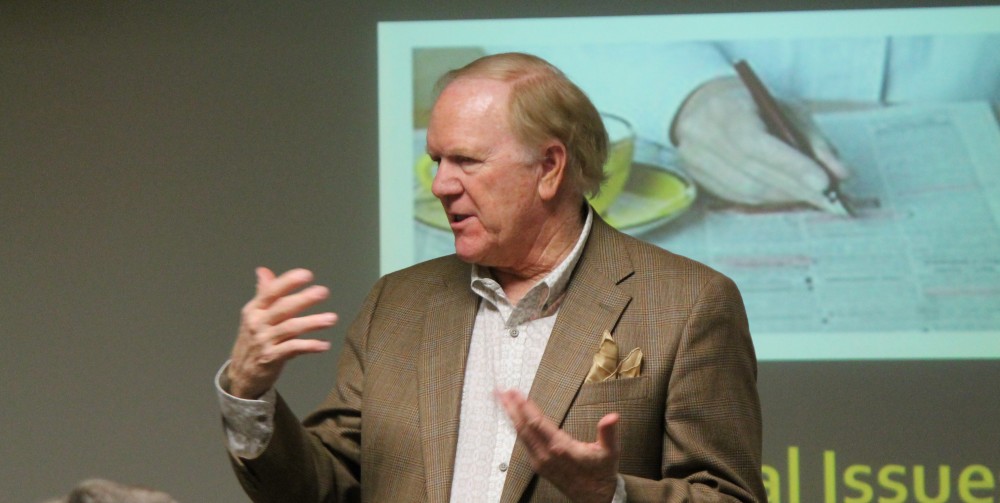At a quarterly town hall meeting, Regional Vice President Jensen addressed store managers in his district. He opened by saying:
“I’m aware of rumors circulating about budget cuts. I want to be transparent and share what I know. Our sales revenue for the past two quarters has not grown as projected, and corporate has asked us to cut our budget by five percent.”
After the announcement, store leaders asked front-line-focused questions:
- Will hours be cut in our stores?
- Are we looking at layoffs?
- What is being done about revenue?
Jensen’s responses were vague and lacked detail:
- Decisions on cuts have not been made.
- I hope there will be no layoffs.
- We have new products in the pipeline.
Transparency requires clarity and detail, for example:
- I am reviewing labor hours, and I’ll share the criteria before deciding.
- If staffing changes are necessary, I will prioritize overtime reduction and avoid filling open positions.
- Mid-May is the launch date for new product lines.
When leaders announce their desire for “transparency,” it usually means they are not. As an employee said, “If you are transparent I we will be able to see it. You do not have to announce it.”


